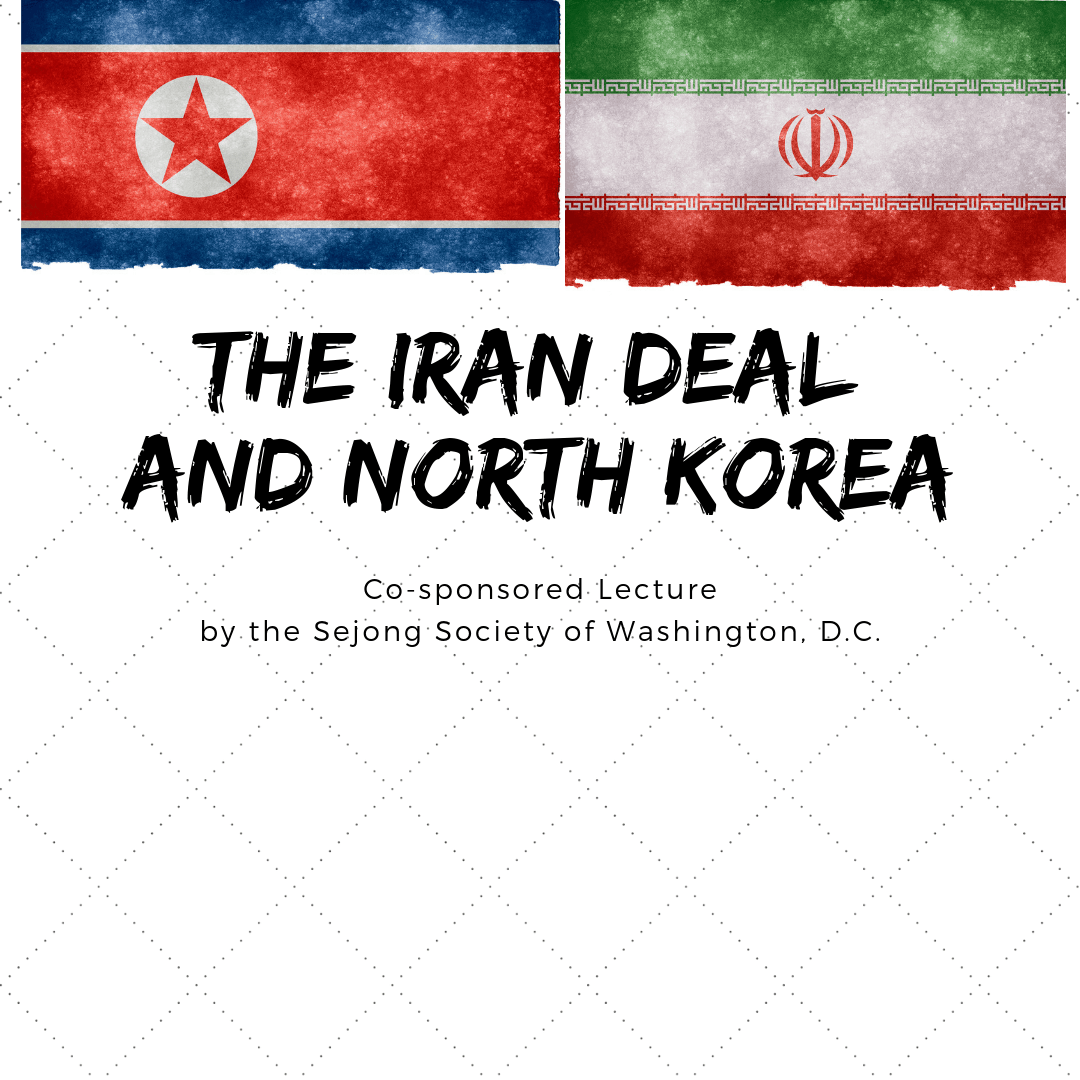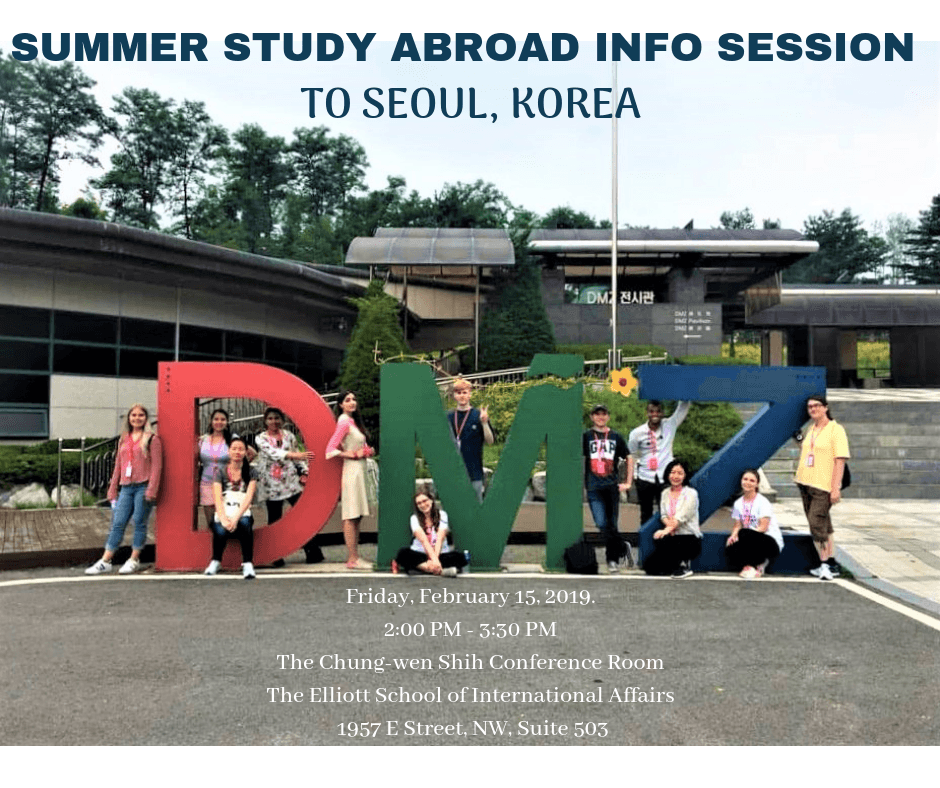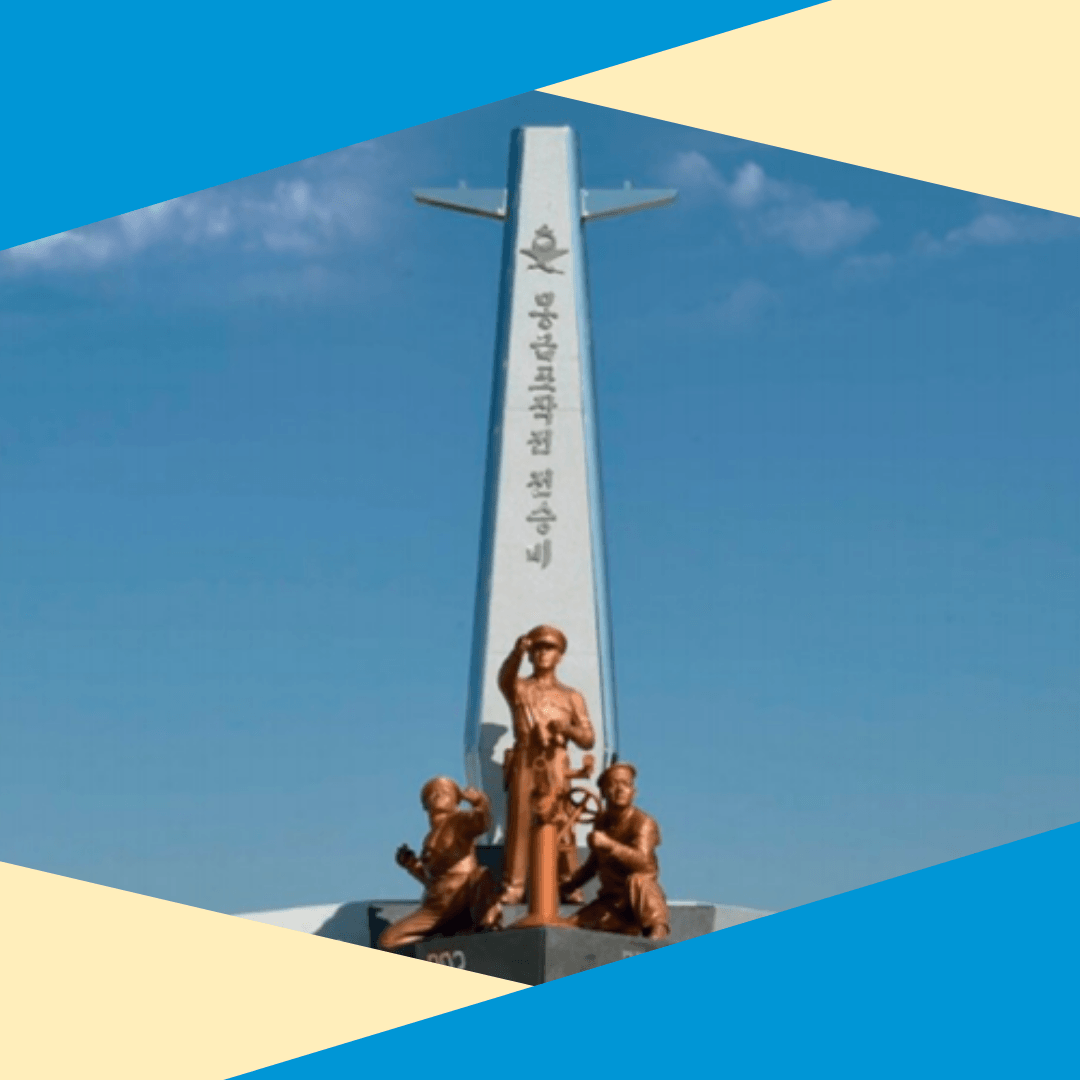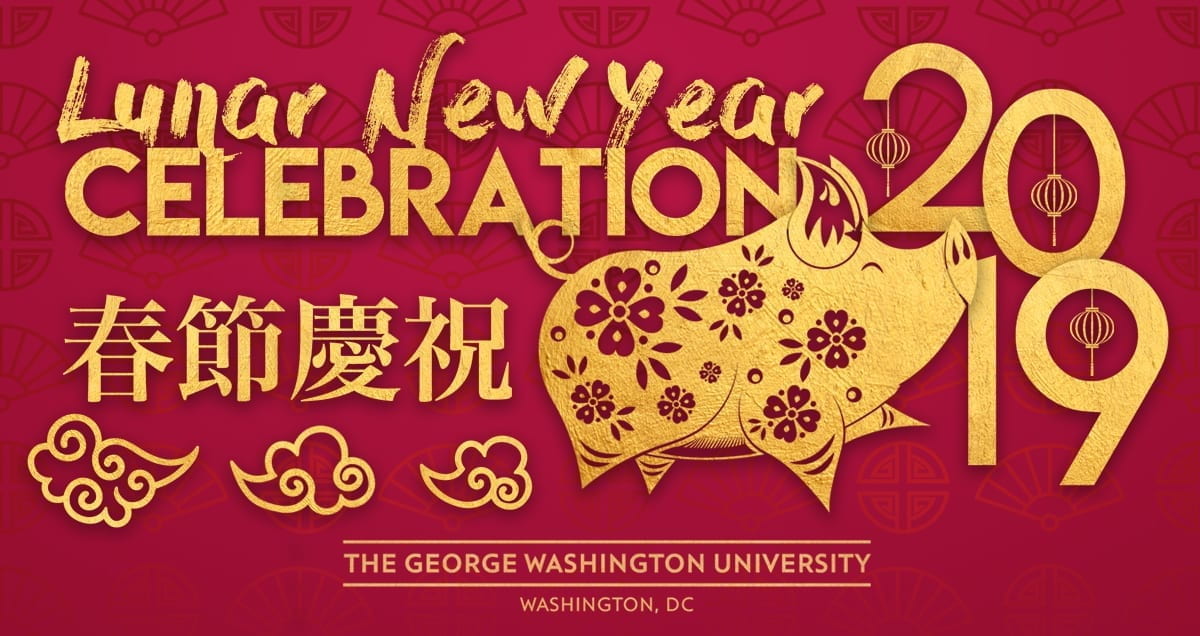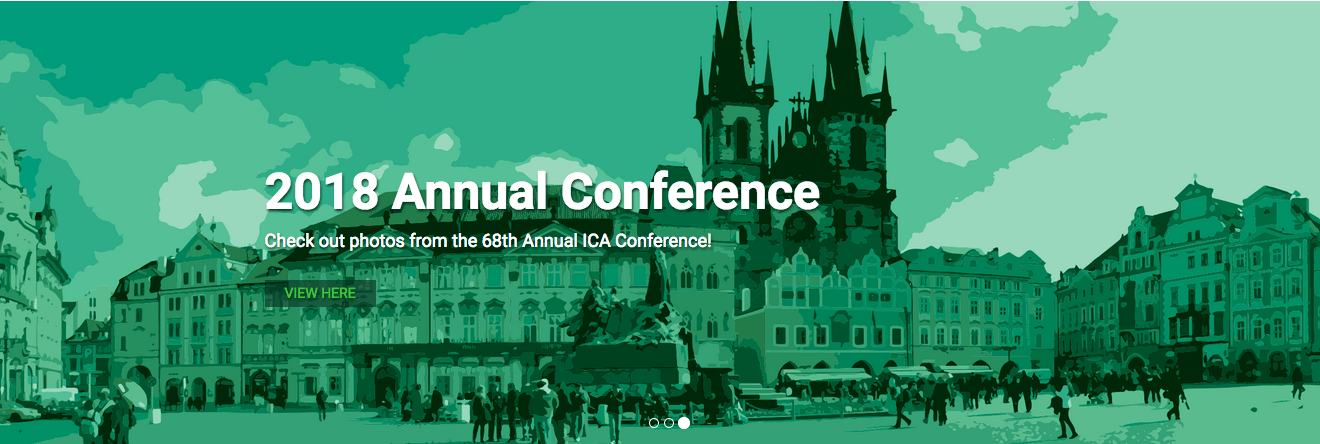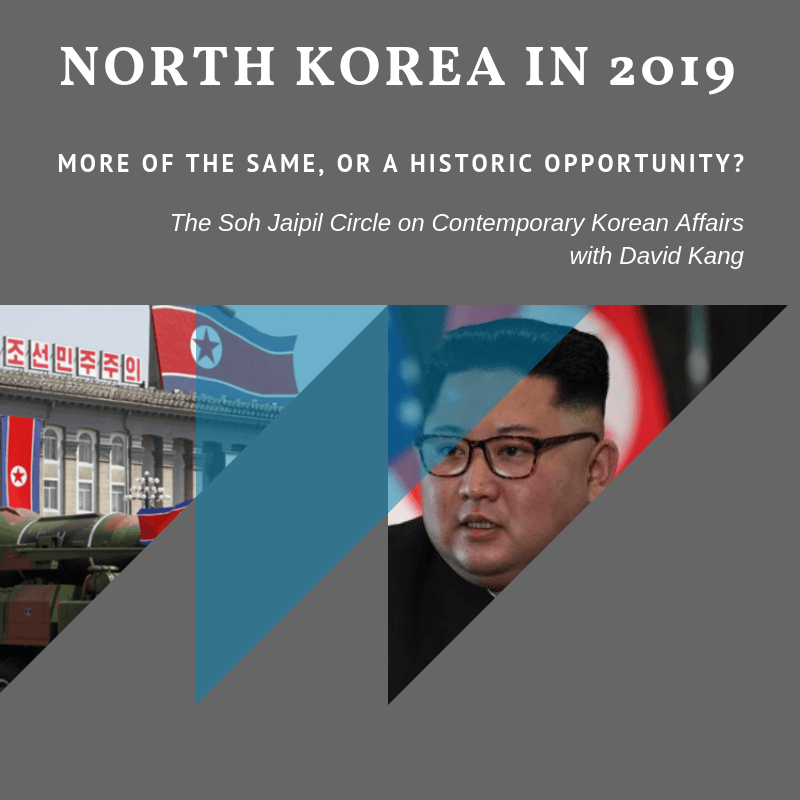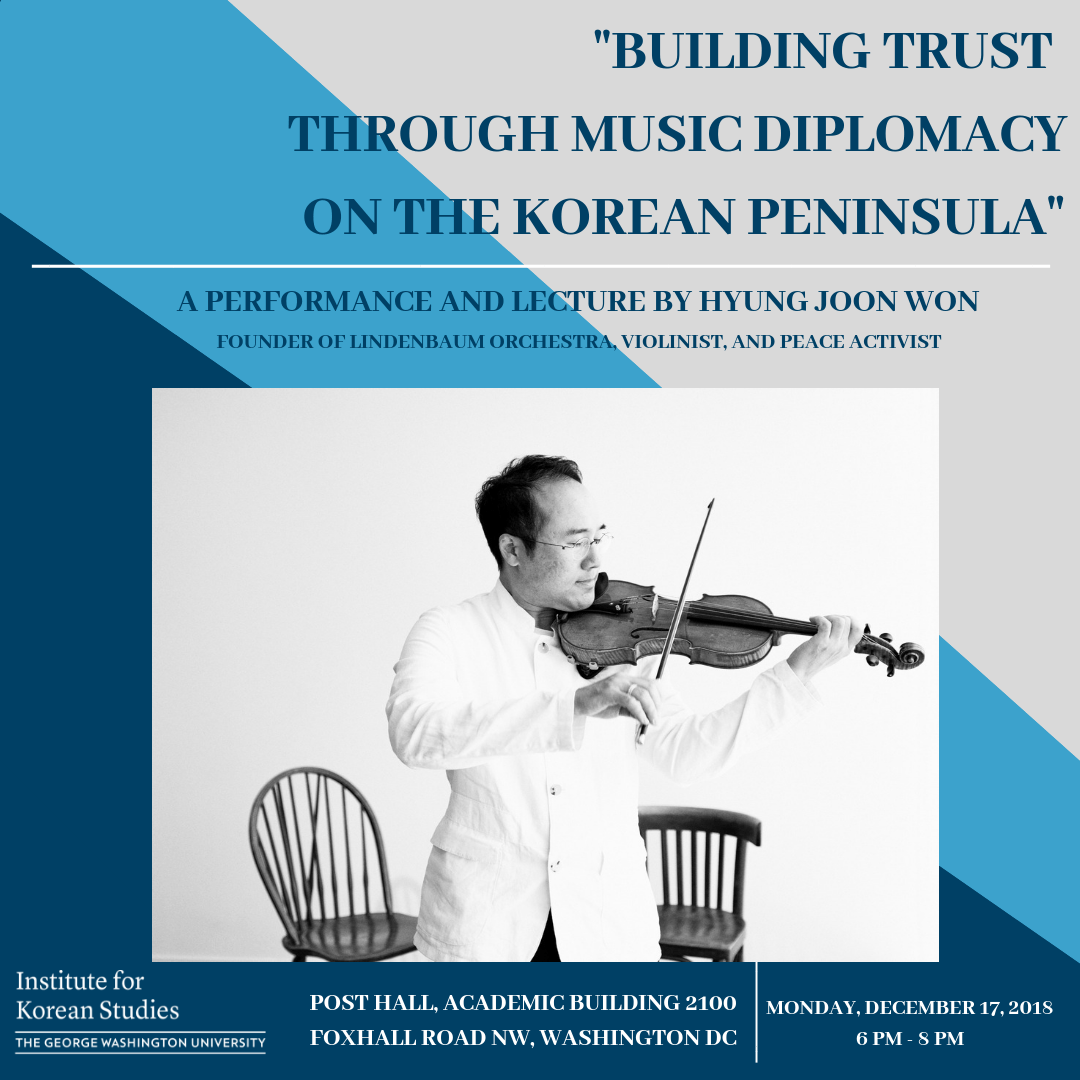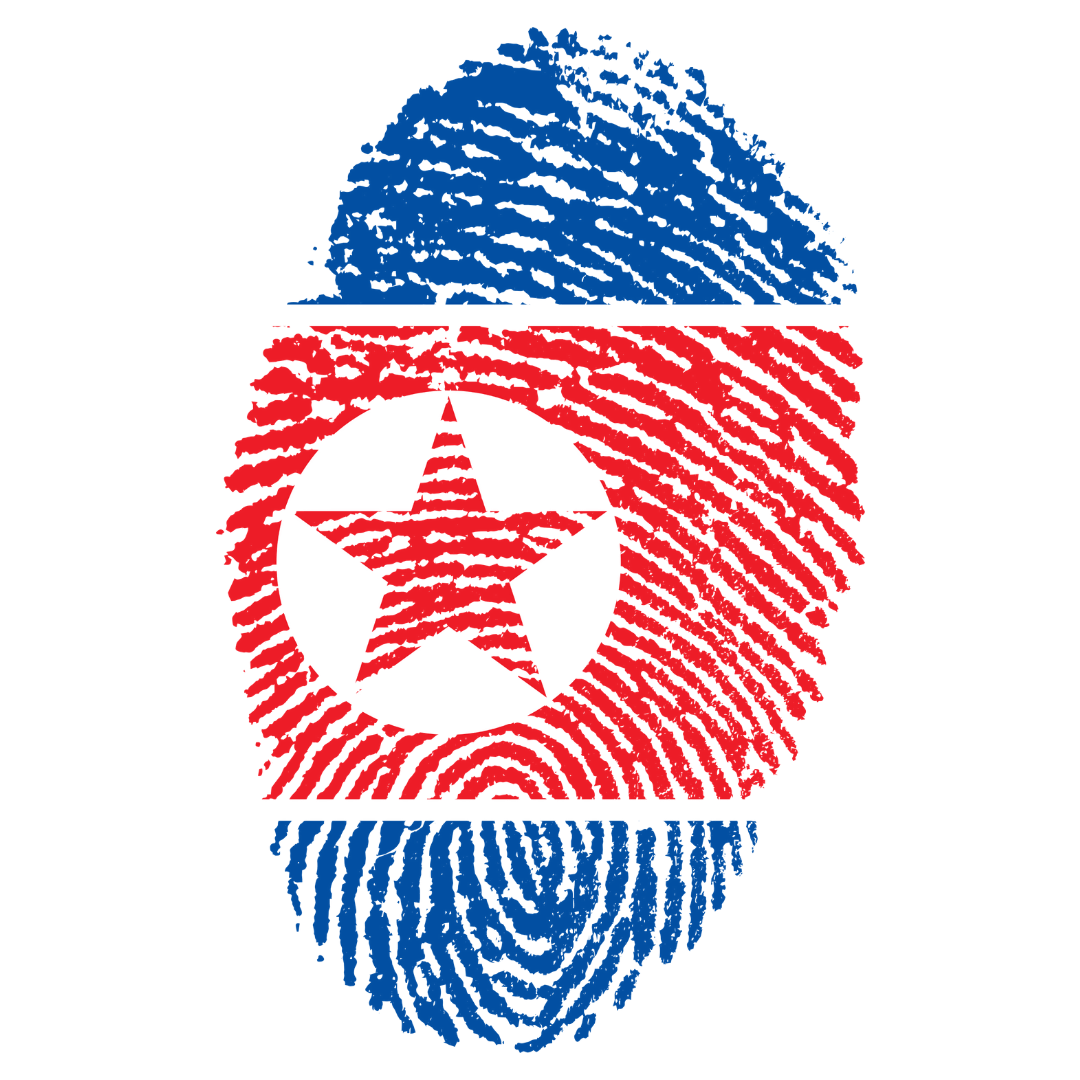[February 15, 2019] “The Iran Deal and North Korea”
Co-sponsored Lecture by the Sejong Society of Washington, D.C. and GW Institute for Korean Studies “The Iran Deal and North Korea” Speaker Matthew Henry Kroenig, Associate Professor in the Department of Government and the Edmund A. Walsh School of Foreign Service at Georgetown University & Deputy Director for Strategy…
